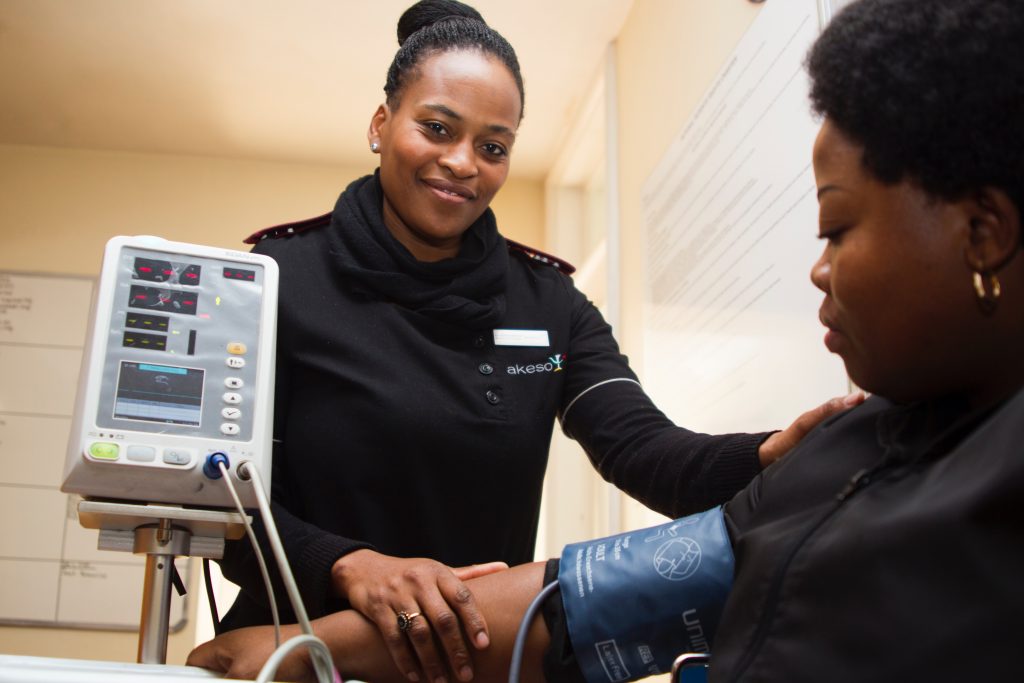What is Clinical Research?
Clinical research is medical research that involves people.1 It helps to find new and better ways to prevent, detect, diagnose, and treat disease.2 When you volunteer to take part in clinical research, you help doctors and researchers learn more about disease and improve health care for people in the future.
Many clinical research trials are created to find new and better ways to treat, prevent, and diagnose disease.2 Clinical trials are usually done after many years of testing in research labs.
Clinical trials are part of clinical research and at the heart of all medical advances. Clinical trials can study:
- New drugs or new combinations of drugs
- New ways of doing surgery
- New medical devices
- New ways to use existing treatments
- New ways to change behaviors to improve health
- New ways to improve the quality of life for people with acute or chronic illnesses.
Citations:
1https://www.nih.gov/health-information/nih-clinical-research-trials-you/basics
2https://www.cancer.gov/publications/dictionaries/cancer-terms/def/clinical-research

How do Clinical Research Trials work?
A researcher, usually a medical doctor, leads the clinical research trial with help from a study team. The team develops a guiding document that describes the study and who can take part. Clinical trials must be reviewed and overseen by an Institutional Review Board (IRB) to make sure the risks to volunteers are as low as possible, and their rights are protected.